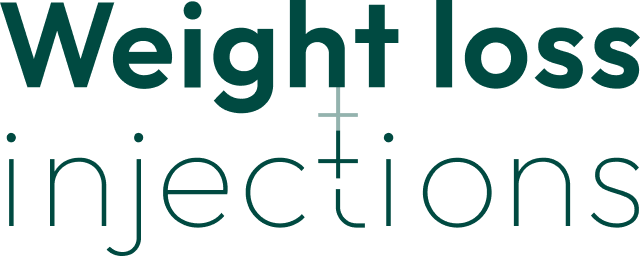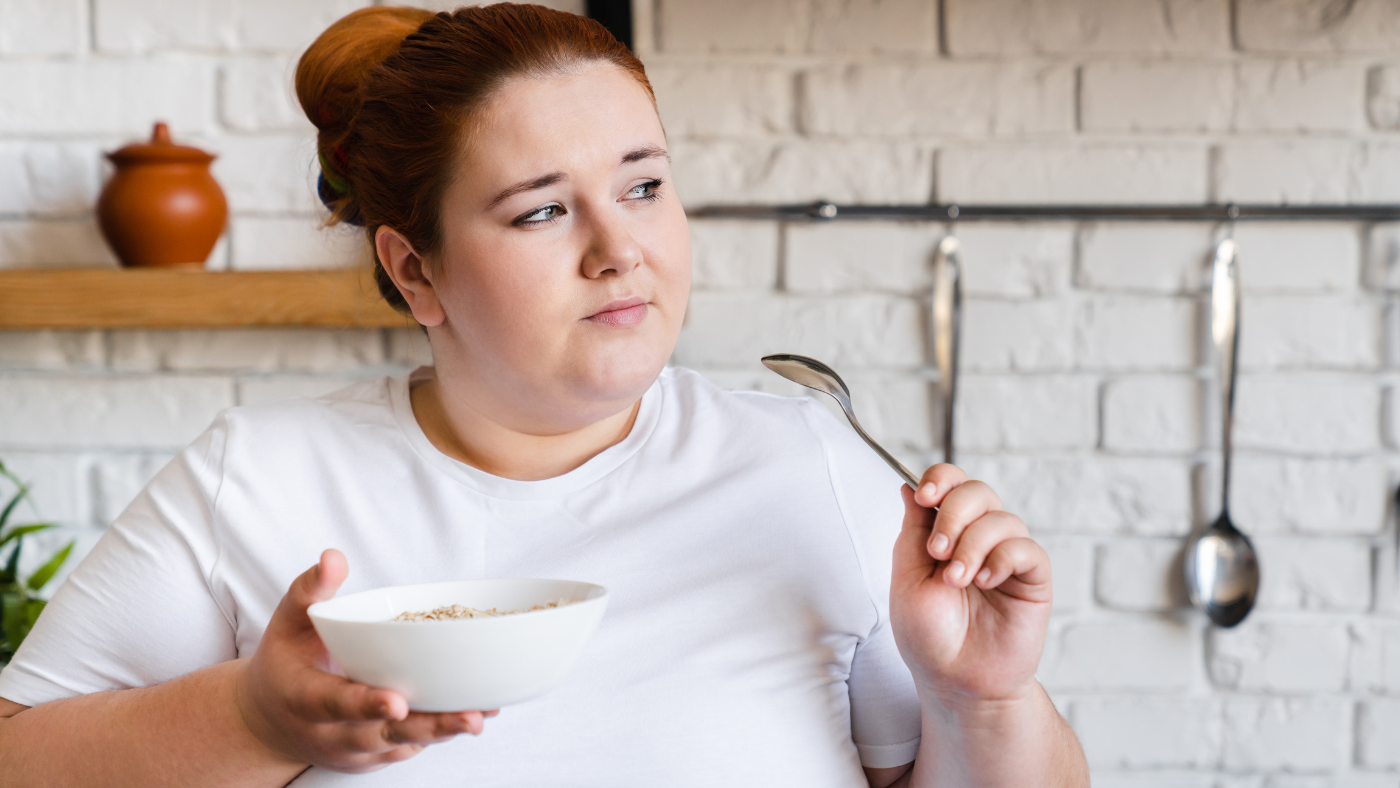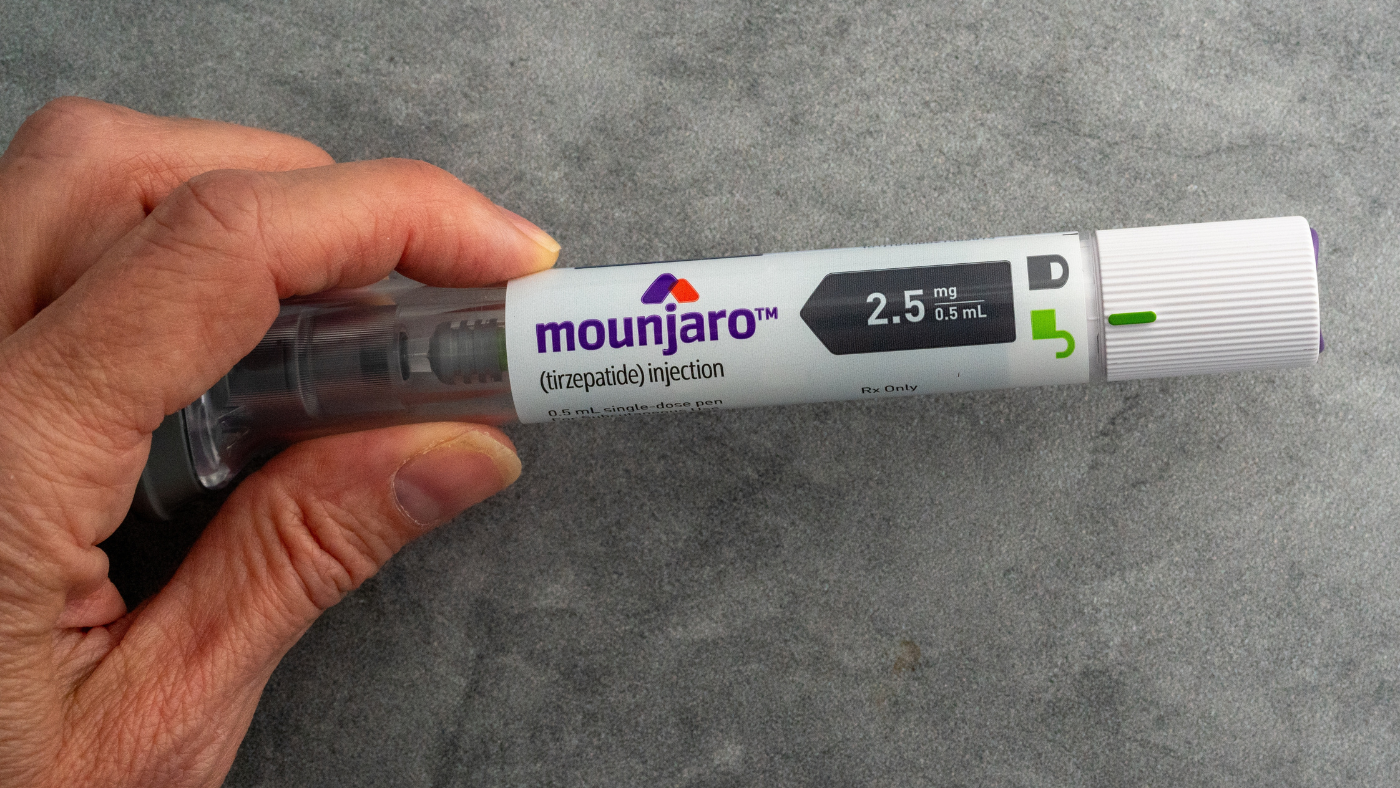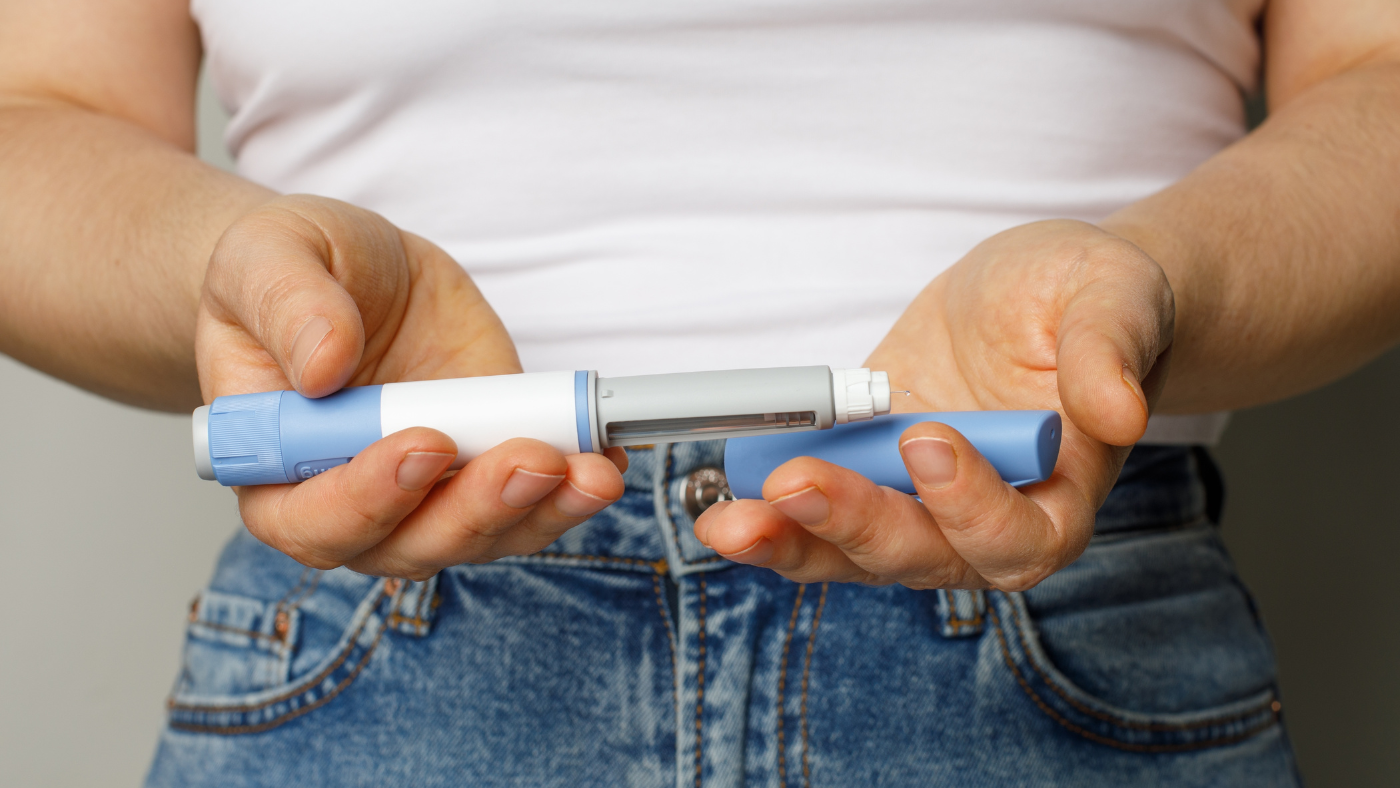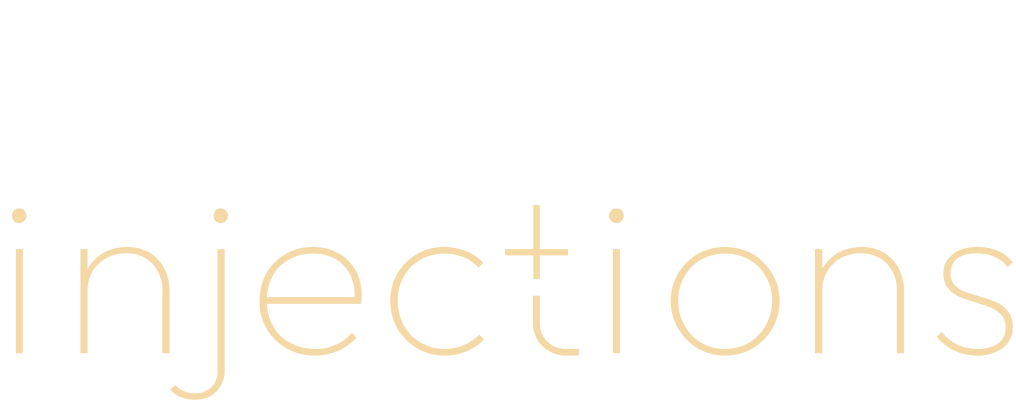Weight loss injections have changed the game for millions of people struggling with weight management, but here’s the question everyone’s asking: can you still enjoy a glass of wine or a pint with your mates? I get it – you’ve finally found something that works, and now you’re wondering if your social life has to suffer.
Let me be straight with you. This isn’t about being the fun police or telling you to become a monk. It’s about understanding what happens when you mix these powerful medications with alcohol, so you can make smart choices that won’t sabotage your progress or put your health at risk.
How Weight Loss Injections Work in Your Body
Here’s where it gets interesting. These injections don’t just suppress your appetite like those dodgy diet pills from the 90s.
They slow down how fast food leaves your stomach. So that massive Sunday roast that used to disappear in 20 minutes? Now it keeps you satisfied for hours. Your brain gets consistent signals that you’re full, and those constant food thoughts just… stop.
The real magic happens in your reward centre. You know that feeling when you walk past a bakery and suddenly need a croissant? These medications dial down those impulses. It’s like having a sensible mate whispering in your ear, “Do you really need that?”
Drinking Alcohol While Taking Weight Loss Injections
Right, let’s tackle the elephant in the room. The short answer is: it’s complicated.
Official Medical Guidelines
Most medical guidelines don’t explicitly ban alcohol whilst taking weight loss injections. The manufacturers don’t list alcohol as a direct drug interaction in their official documentation.
But here’s what they’re not telling you in the fine print: just because it’s not banned doesn’t mean it’s a brilliant idea. The research is still catching up, and doctors are learning new things about these interactions every month.
Safety Recommendations by Injection Type
GLP-1 injections: These are generally considered the safest option if you’re planning to have a drink. The risk profile is lower, but you still need to be careful about blood sugar levels.
GLP-1 and GIP injections: These are more potent, which means the risks are potentially higher. Some people report feeling the effects of alcohol much faster and stronger than usual.
The golden rule? Start slow, pay attention to your body, and never assume your usual drinking tolerance applies anymore.
Risks of Mixing Alcohol and Weight Loss Injections
Let me paint you a picture of what can go wrong, because knowledge is power.
Low Blood Sugar (Hypoglycemia)
This is the big one that keeps doctors up at night. Weight loss injections can lower your blood sugar, and alcohol does the same thing. Put them together, and you’ve got a recipe for trouble.
Imagine this: you’re out for dinner, you’ve had a couple of glasses of wine, and suddenly you feel dizzy, confused, or shaky. Your mates think you’re just tipsy, but actually, your blood sugar has crashed.
Warning signs to watch for:
- Sudden dizziness or lightheadedness
- Confusion or difficulty thinking clearly
- Sweating when you shouldn’t be
- Rapid heartbeat
- Feeling weak or shaky
Increased Nausea and Digestive Issues
Here’s something nobody warns you about: these medications already mess with your digestive system. Add alcohol to the mix, and you might feel like you’re on a boat in rough seas.
I’ve heard stories of people who could handle their drink before starting weight loss injections, only to find themselves feeling absolutely dreadful after just one beer. The nausea can be intense, and it can last for hours.
The worst part? Alcohol can trigger the same digestive side effects you might have already experienced when starting your injections. It’s like voluntarily signing up for a hangover before you’ve even had enough to warrant one.
Reduced Weight Loss Effectiveness
Let’s talk numbers for a second. A single pint of beer has about 180 calories. A large glass of wine? Around 230 calories. These aren’t just empty calories – they’re actively working against your weight loss goals.
But it’s not just about the calories. Alcohol messes with your judgment. You know that feeling when you’ve had a few drinks and suddenly a kebab seems like the best idea in the world? That’s your inhibitions taking a holiday.
Alcohol also affects your sleep quality, which impacts hormones that control hunger and metabolism. It’s a domino effect that can slow down your progress without you even realising it.
Weight Loss Injections May Reduce Alcohol Cravings
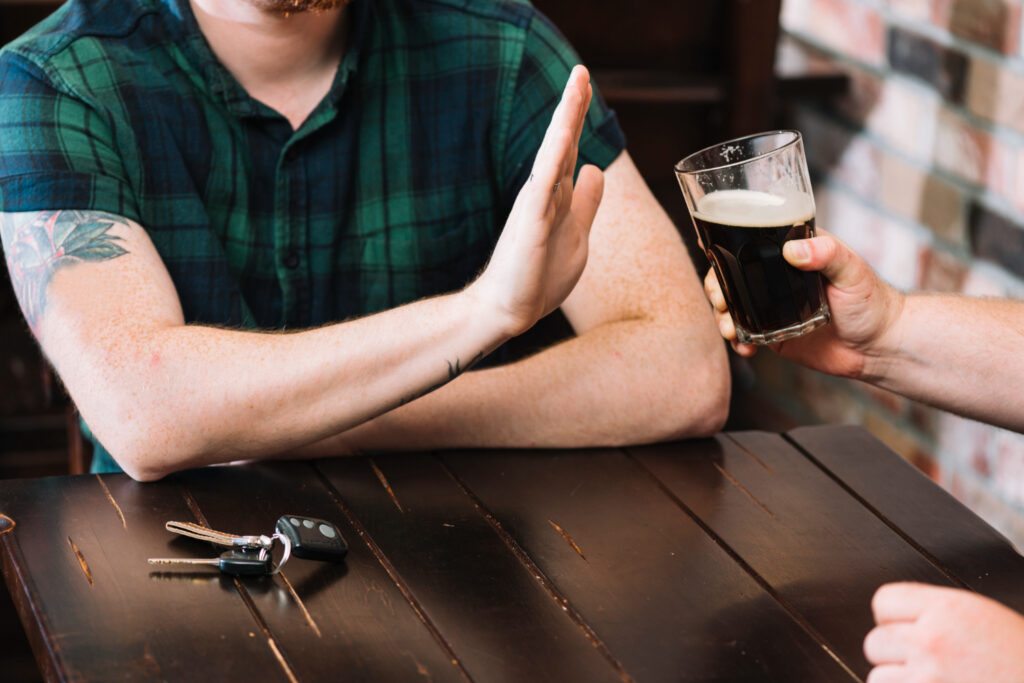
Here’s where things get really interesting, and honestly, it’s one of the most exciting developments in this space.
Latest Clinical Research (2025)
Recent studies have blown my mind. Researchers have found that people taking weight loss injections often naturally start drinking less alcohol. We’re not talking about a small effect – some people report losing almost all interest in drinking.
A major study published in 2025 showed that people on these medications reduced their alcohol consumption by nearly 30% in just two months. Almost 40% of participants reported no heavy drinking days during the study period.
This isn’t a side effect anyone was expecting. It just happened, and now scientists are scrambling to understand why.
How GLP-1 Medications Affect Brain Reward Centers
The science behind this is fascinating. These medications don’t just work on your gut – they rewire your brain’s reward system.
Think about it: the same brain pathways that make you crave food also control your desire for alcohol, nicotine, and other addictive substances. When you dampen one, you often affect the others.
People describe it as losing the “sparkle” that alcohol used to have. The idea of a drink just doesn’t seem as appealing anymore. It’s not that they can’t drink – they simply don’t want to as much.
Safe Drinking Guidelines for Patients
If you’re going to drink whilst on weight loss injections, let’s make sure you do it safely.
Recommended Limits and Precautions
The standard guidelines still apply, but with extra caution. For women, that’s no more than one drink per day. For men, it’s two drinks per day maximum.
But here’s my personal recommendation: start with half of what you used to drink and see how you feel. Your tolerance has probably changed more than you think.
Before you drink:
- Make sure you’ve eaten something substantial
- Check your blood sugar if you have a monitor
- Tell someone you’re with about your medication
- Have a plan for getting home safely
While drinking:
- Alternate alcoholic drinks with water
- Eat protein-rich snacks
- Monitor how you’re feeling more closely than usual
- Stop if you feel any unusual symptoms
Warning Signs to Watch For
Your body will tell you when something’s wrong, but you need to listen. Here are the red flags:
- Feeling drunk faster than usual
- Nausea that’s worse than normal
- Dizziness or confusion
- Unusual sweating or shaking
- Feeling faint or weak
If you experience any of these, stop drinking immediately and consider getting medical help.
When to Avoid Alcohol Completely
Some situations call for complete abstinence, and I’m not being dramatic here.
Don’t drink if:
- You’re still adjusting to your medication dose
- You’ve had recent episodes of low blood sugar
- You’re taking other medications that interact with alcohol
- You have a history of alcohol problems
- You’re feeling unwell or have been vomiting
What Healthcare Providers Recommend
Your doctor should be your first port of call for personalised advice, but here’s what most are saying.
Questions to Discuss with Your Doctor
Come prepared to your appointment. Here are the questions you should ask:
- “Is it safe for me specifically to drink alcohol with my weight loss injections?”
- “How will alcohol affect my blood sugar levels?”
- “Should I adjust my eating schedule if I plan to drink?”
- “What symptoms should I watch out for?”
- “Are there any other medications I’m taking that could cause problems?”
Monitoring Your Response
Your doctor might recommend keeping a diary of your drinking, how you feel, and any side effects. This isn’t about judgment – it’s about gathering data to keep you safe.
Some doctors suggest using a blood glucose monitor if you plan to drink regularly. It’s a small investment that could prevent serious problems.
Key Takeaways
Let me wrap this up with the essentials you need to remember.
Weight loss injections and alcohol can mix, but it requires careful consideration and planning. The medications are changing how your body processes both food and drink, so your old rules don’t apply anymore.
The surprising benefit of reduced alcohol cravings might actually make this whole conversation less relevant for you. Research shows that many people find they naturally want to drink less, which can make the weight loss journey easier and safer.
If you choose to drink, do it smart: start slow, eat first, stay hydrated, and listen to your body. When in doubt, ask your doctor – they’re there to help, not judge.
The bottom line? These medications are powerful tools that can change your life, but they work best when you work with them, not against them.
Make choices that support your goals, and remember that weight loss injections are most effective when combined with healthy lifestyle decisions.
Before starting, ensure you meet the qualifying criteria for treatment
Frequently Asked Questions
Q 1: Will one glass of wine completely ruin my weight loss progress?
A 1: No, one glass won’t destroy your progress. But it’s not helping either. Alcohol can trigger poor food choices and disrupt sleep, affecting weight loss hormones. If you’re having wine, choose quality over quantity and plan for it in your daily calories.
Q 2: How long should I wait after drinking alcohol before taking my injection?
A 2: There’s no specific waiting period required. The timing isn’t the issue – it’s having both substances in your system simultaneously. Focus on moderating alcohol intake rather than timing injections around drinking.
Q 3: Can alcohol make my injection side effects worse?
A 3: Absolutely, alcohol can amplify common side effects like nausea, vomiting, and digestive issues. If you’re still experiencing side effects from your weight loss injections, avoid alcohol until your body adjusts to the medication.
Q 4: Is it normal to lose interest in drinking after starting weight loss injections?
A 4: Yes, this is increasingly common. Many doctors consider it a positive side effect. The medications affect your brain’s reward centre, reducing cravings for alcohol, sweets, and other substances.
Q 5: What should I do if I feel unwell after drinking while on weight loss injections?
A 5: Stop drinking immediately. If experiencing low blood sugar signs (dizziness, confusion, sweating, shakiness), eat something with carbs and protein. If symptoms are severe or don’t improve quickly, seek medical attention.
